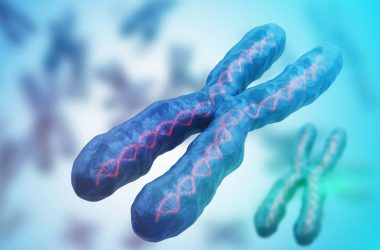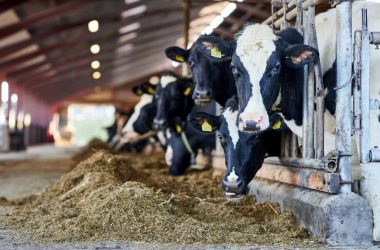Reducing the activity of a high-risk gene variant for Alzheimer’s disease might one day help prevent or slow down the progress of the condition.
There are three variants of the apolipoprotein E (APOE) gene, which is involved in making a protein that helps carry cholesterol around the body. One variant, APOE4, is the biggest known genetic risk factor for Alzheimer’s disease.
Possessing a single copy, or allele, of APOE4 more than doubles the risk of developing Alzheimer’s, while people with two copies of the gene – one from each parent – are eight to 10 times more likely to get the condition.
“If you combine this risk factor with age, many people who carry two alleles of APOE4 have a really high chance of developing Alzheimer’s disease by the time they’ve reached their 80s,” says Tara Spires-Jones at the University of Edinburgh, UK. About 2 per cent of people have two copies of APOE4.
Scientists have wondered if it might be possible to genetically modify APOE4 to see if it reduces Alzheimer’s risk. It probably isn’t safe to stop it working completely, however, because of the key role of the protein the gene makes – also known as apolipoprotein E. “It’s important for things like bringing cholesterol to your neurons,” says Spires-Jones. “Knocking down APOE might mean less risk of Alzheimer’s, but you might affect your heart or your blood vessels.”
We also don’t know how APOE4 increases the risk of Alzheimer’s, says Joachim Herz at the University of Texas Southwestern Medical Center. It could be because the APOE4 variant produces a less functional version of the protein or makes it act in an erratic way, he says.
To get a better sense of what genetically modifying APOE4 in humans might lead to, Michael Greicius at Stanford University in California and his colleagues have looked for data from people with what are called loss-of-function mutations to APOE4 genes, which means the gene is less active than the standard version. Loss-of-function APOE genes are extremely rare, says Herz.
The team analysed the Alzheimer’s Disease Sequencing Project database, looking at information on more than 36,000 people who have had their entire genomes sequenced and found just two older adults who had at least one of these APOE4 loss-of-function genes.
One of these adults, who died over the age of 90, showed no signs in the brain of a protein called amyloid, which has been linked to Alzheimer’s, while the other was still considered cognitively normal aged 79.
This protective effect from an abnormally functioning gene suggests that APOE4 normally increases the risk of Alzheimer’s disease by making the corresponding protein act unusually, say Greicius and his colleagues.
If the APOE4 gene produced a less functional protein, then a loss-of-function gene variant would probably have increased the risk of Alzheimer’s. “This paper suggests that loss-of-function APOE is beneficial,” says Herz.
Greicius and his colleagues suggest that this provides the first human genetic data that targeting APOE4 could be a viable strategy to treat or prevent Alzheimer’s.
The study is based on a very small sample size, though, so the results should be read cautiously, says Herz.












